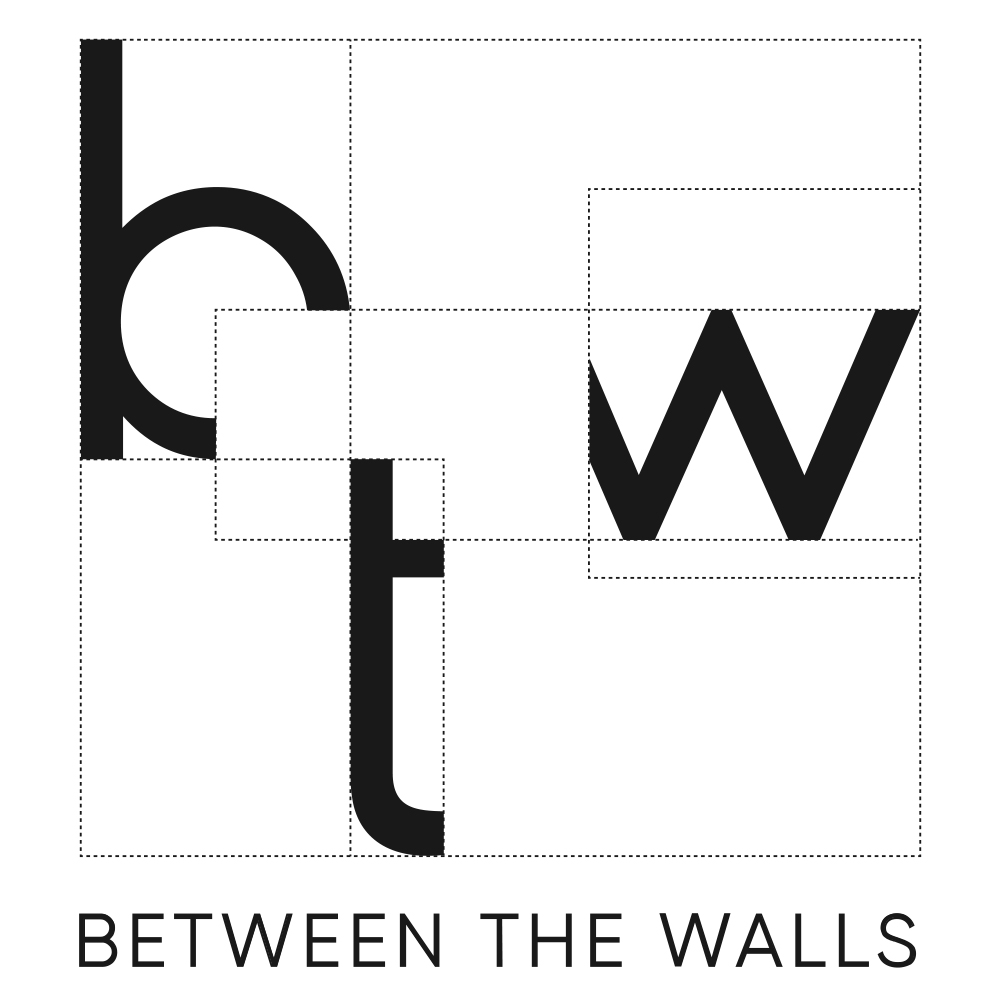Tаtiana Khodakova
“Life is too short to do what you don’t like” (Richard Branson)
By keenly observing human behavior, studying various psychological concepts and approaches, and testing them first on myself, I have formulated for myself a few postulates that make life easier and stop me from swimming upstream against its current. I’m not saying that everyone should live exactly by these rules – it’s important to pick or create your own personal ones. Yes, that’s possible!
Personally, I’ve identified four main postulates that work, in my view, in practically any context. The key is to remember them in time. When my emotional system experiences a disruption, I can fairly quickly “fix” the state by turning to these postulates.
What is meant by the term postulate? A postulate (from Latin postulatum – a requirement) is a proposition (condition, assumption, rule), due to various considerations accepted without proof, but, as a rule, with justification, and it is precisely this justification that usually serves as the argument in favor of acceptance.
So:
- Inner intention must be fulfilled
“The intention we set is the strongest thing we can have” (Selim Aissel)
We need to clearly realize what you want to achieve as the ideal result (in your own understanding). In other words, to form an intention is to define a goal.
If we don’t understand what we want, we can’t obtain anything. The main problem at this stage may be that, drawing on past experience, we don’t dare to declare (first to ourselves) what we really want. Our mind starts tossing up ideas about the impossibility of getting what we desire. Therefore, the key is not to argue with the mind, but simply ask yourself: “What result would be ideal for me?”
For example, when I plan another trip (in summer all my examples are related to the sea), I ask myself such a question, and then in the answer describe where I want to go, with whom, and when: “I want to go to Italy with a friend in August this year”.
And as soon as a clear intention forms in my head, I release the situation. What does releasing mean? I don’t start guessing how exactly this will happen, because my task is to outline the main “arc” of the desired event, and leave the rest to the subconscious (the World, the Universe, God, the Higher Mind, my Higher Self—your choice). Then I go on with my usual affairs. Usually, the opportunity to realize the intention arises very quickly. But it’s important to remember that the opportunity will not be guaranteed; whether you take a step to seize it, depends on you.
Thus, in my case, after I internally determined that I wanted Italy, within two days a “hot” offer from my favorite tour operator appeared. And I used this opportunity.
(I described my journey through a psychological lens in the article “Italy as a Psychological Vitamin“).
2. The World Deliberately Does Not Conspire Against You
“The world makes way for those who know where they’re going” (Ralph Waldo Emerson)
What does this mean? If something doesn’t go according to the plan I laid out in line with my intention, that doesn’t mean the intention loses power or that what I want is unattainable. It may simply mean that what is happening now is the most optimal path.
I like to illustrate with travel contexts. Once we waited for late tourists for an entire hour before heading out. Some of the waiting people grew irritated, to which the bus driver replied: “If we had to delay by exactly that amount of time, then this is what’s best for us, even if we don’t know why”. I’m not justifying people’s lateness, but saying that trusting yourself and the world is worthwhile. Therefore, when something goes not according to my plan, it means there is a more ideal plan, and my task is to know the final point I intend to reach.
3. Do it the simplest and easiest way
Remember the principle of Occam’s razor? It implies that with its use, like a razor, you shave away all the superfluous and overly complex.
William of Ockham wrote: “That which can be done with fewer assumptions should be done rather than with more” and “Do not multiply entities beyond necessity”.
Perhaps you’ve heard the expression “We don’t take the easy path”, which is often used by people with a predominance of masochistic traits. This tendency to endure hardship and tension is often approved by society. I won’t go into why it’s cultivated in some social spaces; I’ll just note that there’s a belief that when something is hard to obtain, it’s more valuable. But is that really true? I’d say otherwise — if something is hard-won, a person holds on more tightly, becomes attached, and thus becomes less free.
“How can I do this in the simplest way?” is the question I ask myself when making a choice or decision. And so far this principle hasn’t let me down. Of course there are contexts and nuances, but in general this postulate is quite workable.
For example, I use the tour operator in my city, because it’s easier for me to travel without additional transfers or with minimal transfers.
4. Lowering the Level of Seriousness
“Becoming too serious is the greatest misfortune” (Osho).
“Right, we lower the level of seriousness” — such a phrase you can often hear from me in both personal communications and work contexts. We’ve been trained to take life too seriously, so it hardly ever smiles back at us.
To clarify terms — by “seriousness” I mean the excessive importance and significance we attach to certain situations. You might object: “But what about health? Is it possible to treat that unseriously?”. Answer: “People get sick precisely because they are serious (i.e., tense)”.
Un-seriousness is not the cause of illness, and illness is the consequence of “seriousness” (the excessive importance we give to perceived objects).
We often inflate the significance of events, the importance of others’ presence, and the importance of our influence on others. The significance of having or not having, for example, a partner in life makes us less free, and as a result we experience a lot of tension in relationships, building them in a dependent way.
When the national issue is given excessive importance, it often leads to civil strife with the most unpleasant consequences. Any excess in importance creates problems. In psychological circles there is even an expression: “Everything we take seriously becomes a problem”.
Another personal travel example. About five years ago my friend and I went for a weekend by the sea. We had round-trip tickets. And while we were having dinner at a seaside restaurant a few hours before our planned departure home, we received a message from the passenger transport company informing us that our flight had been canceled and they offered to reschedule it to the morning. This didn’t suit us, because we had commitments at work the next day. We started to bustle; anxiety rose (triggered by the “importance” of leaving at the scheduled time), and in this state we began a series of unproductive actions—checking train tickets (of course there were none available), looking for a BlaBlaCar route (a deposit was placed on the driver’s card), after which his phone turned out to be out of reach. After that we, “serious, persistent and stressed”, went to the bus station and bought new tickets for another bus, which never arrived (for unknown reasons) and we got our money back.
And then I got a message from my friend, who I had kept in the loop about our vicissitudes, with the text: “Tanya, on a 10-point scale, how seriously do you take the situation?” I, as they say, had an epiphany and started laughing. Yes, we were too serious, gave too much significance to this unexpected turn of events. After lowering the seriousness, we relaxed, exhaled, and decided that we would somehow manage…
Then the magic began — “the world moved toward us”, in the words of Vadim Zeland. How did it end? We left at the time we were originally supposed to, only on a different bus, but with the same tickets we had.
Since then, whenever I feel tension about what is happening or what is about to happen, I level my state with a simple question: “Am I taking this too seriously?”
Just that question is enough to bring a sense of relaxation. After all, our tension shows that we are resisting what isn’t going according to plan — see Postulate 2 (“The world does not conspire against you”), and then see Postulate 1 (“What is my ideal result?”), and of course 3 — “How can this be done in the simplest way?”
As you can see, these postulates are very simple. But first, the psyche, worn out by anxiety, will deny them. Only as you apply them will you begin to gain a new experience that your “know-it-all” mind—your rational self—can rely on, which will allow you to turn the postulates into practical tools for managing your state. And your inner peaceful state will be reflected externally in the form of favorable events.
The listed postulates work both when applied together and individually, depending on the situation. Your task is to identify where one of them has failed and fix it.
So, a concise formulation of the postulates:
- The inner impulse (intention) always materializes as soon as you consciously define your desired ideal result.
- “The world does not deliberately set up traps” — trust what is happening.
- Do it the simplest and easiest way.
- “Lower the level of seriousness” — everything we take seriously becomes a problem.
I’m not asking you to believe me! Practice and verify.
Translated by Maria Zayats
Read also:
When success is more important than happiness

Татьяна Ходакова
Практический психолог
Интегративный подход






